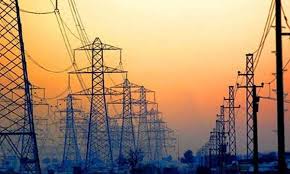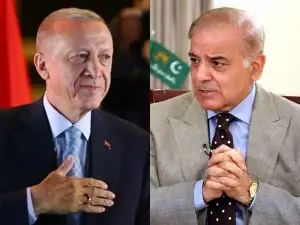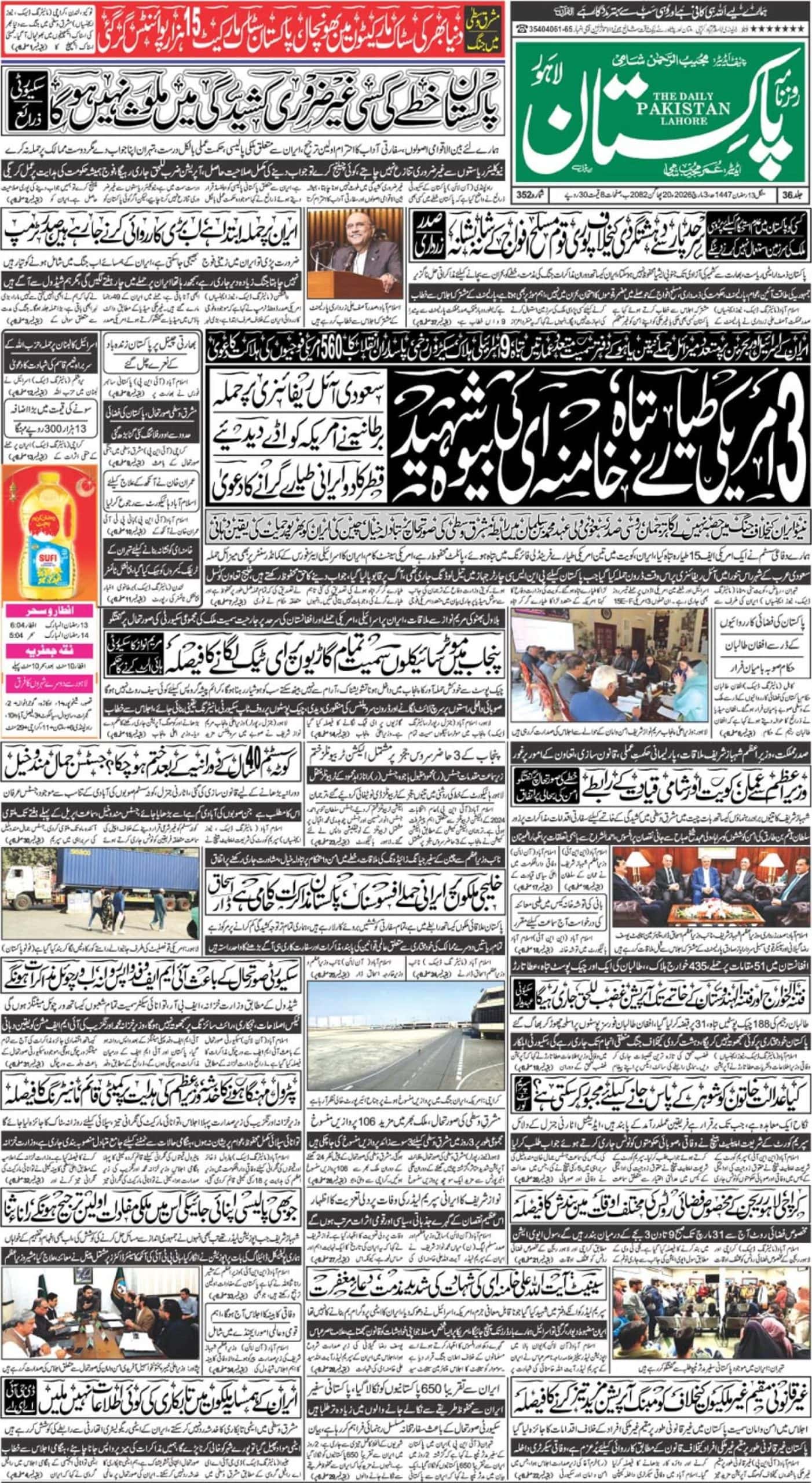In a significant move to meet the demands of the International Monetary Fund (IMF), the government has initiated plans to eliminate subsidies within the power sector, a decision that could have far-reaching consequences for small electricity consumers nationwide.
Under the proposed changes, consumers may see a substantial increase of Rs8 per unit in electricity tariffs if cross-subsidies are eradicated. This restructuring of tariffs is part of the government’s commitment to meeting IMF conditions, with the Ministry of Power actively engaged in the process.
The Ministry aims to initially eliminate a cross-subsidy of Rs592 billion, a move that could heavily impact small electricity consumers who currently benefit from subsidized rates.
Nepra, the regulatory authority, has issued directives to review cross subsidies in alignment with the government’s agenda. Currently, the government extends a total subsidy of Rs976 billion to the power sector, with a significant portion allocated towards cross-subsidies.
Industries have faced challenges due to these subsidies, prompting Nepra to advocate for a restructuring of electricity tariffs. As a result, the Ministry of Energy is preparing proposals for the government, highlighting the need to eliminate cross-subsidies and the potential tariff increases for small consumers.
Even a 50 percent reduction in cross-subsidies could lead to a tariff hike of Rs4 per unit. However, the complete termination of cross-subsidies could result in an additional burden of Rs8 per unit for consumers.
The fate of these proposed changes now rests with the Prime Minister and the Cabinet, who will make the final decision after careful consideration of the potential impacts on consumers and the economy as a whole.














